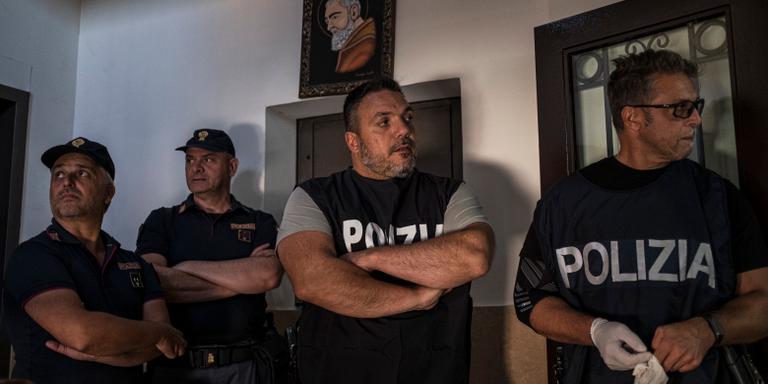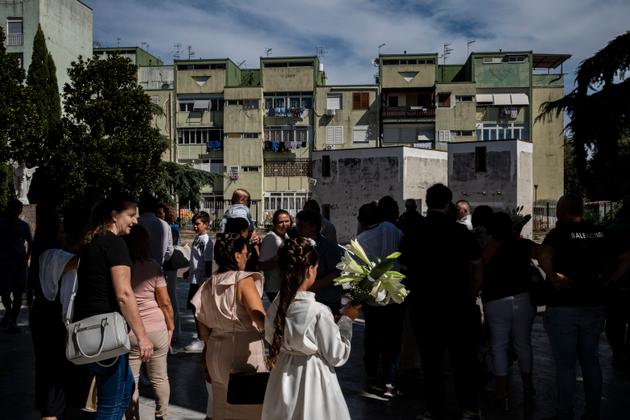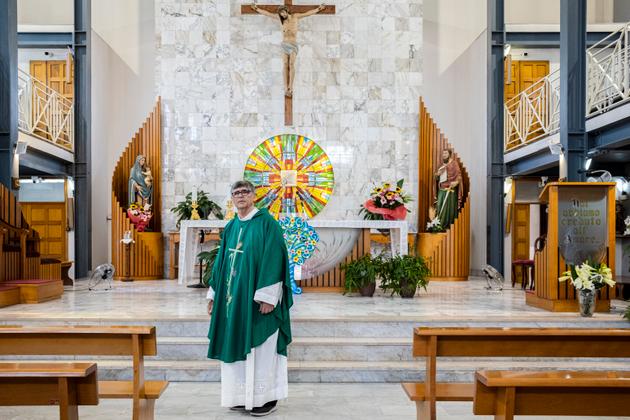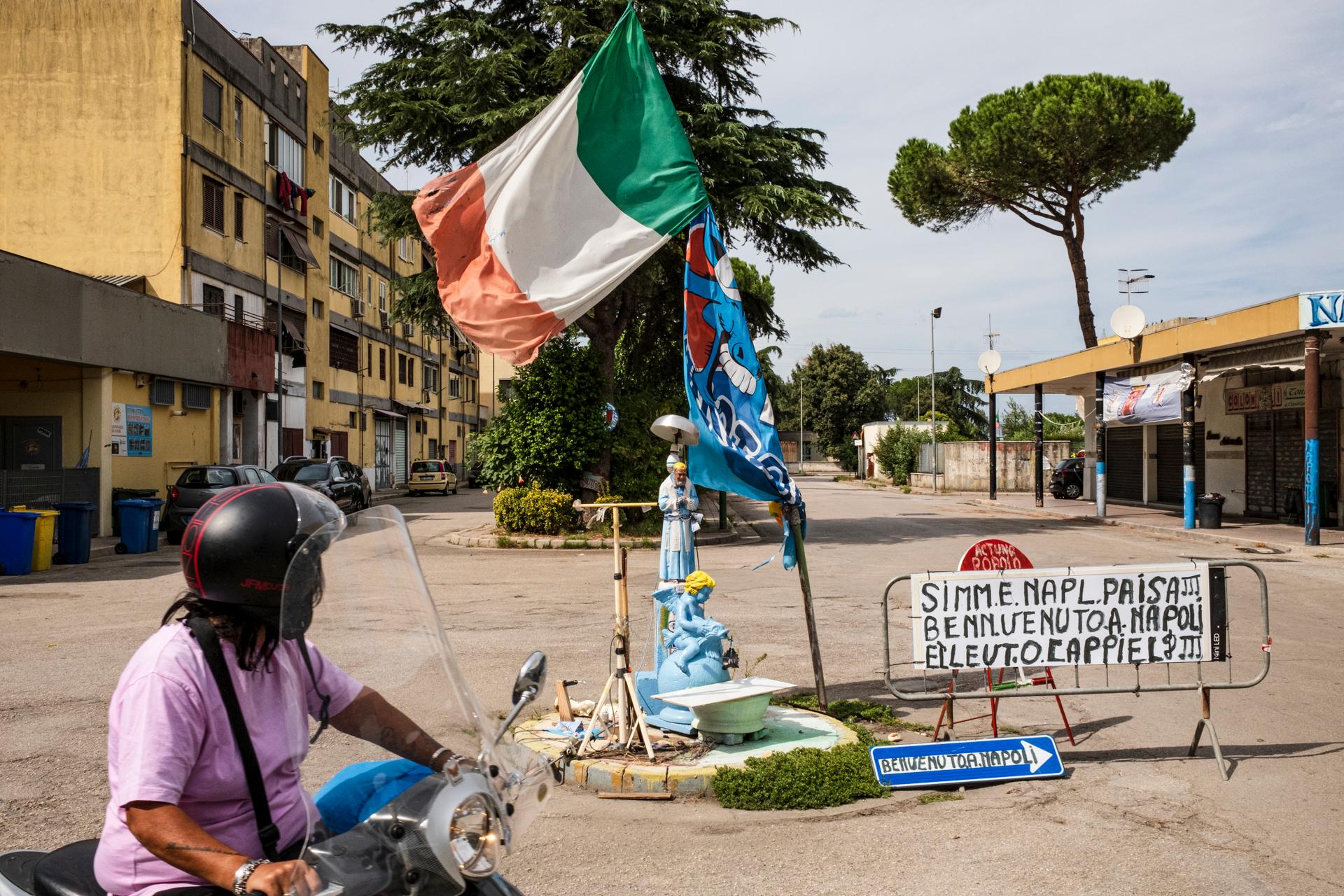


Italy PM Giorgia Meloni sets out to win back suburbs after a crime in Naples shocks the country
FeatureItaly's prime minister wants to turn a remote suburb of Naples into a showroom for policies aimed to make 'citizens feel the state's presence.'
Since the end of summer, a neglected neighborhood on the outskirts of Naples has been attracting national attention. Parco Verde, located in the municipality of Caivano, 13 kilometers from the city center, is in the spotlight after a horrific sex crime committed against minors. The Italian government is now treating the area as the pioneering front of its plan to reclaim the country's marginalized areas.
At dawn on Tuesday, September 5, the government's promise of a renewed police presence was realized with a major operation carried out by three branches of law enforcement and involving over 400 agents. Their targets were dozens of hideouts containing money, drugs and weapons concealed in the neighborhood by traffickers linked to the Camorra syndicate based there. Meloni described the operation as the initial phase of a process to "make citizens feel the state's presence."

With only 6,000 inhabitants, and in the space of two weeks, the Parco Verde neighborhood has become a national concern. The political drama began with reports in local and then national media about an incident whose details remain unclear. At the end of August, the first articles reported that two local girls, aged between 10 and 13 – depending on the version – had been repeatedly raped in Parco Verde by teenagers and young adults. The country was already reeling from the mass rape of a 19-year-old woman in Palermo in July, which was widely covered by the media.
Priest Maurizio Patriciello, whose church is located in Parco Verde, publicly spoke out at the time, condemning the neglect suffered by his congregation. Known for his strong stance against the Neapolitan Camorra criminal gang system and living under police protection, the priest invited Meloni to visit Parco Verde. She accepted. During her visit on August 31, the prime minister − flanked by her ministers of education, interior affairs, culture and sports − described the situation in the district as the result of a "failure of the state."


She announced new public facilities, additional teachers and the rebuilding (with military engineering support) of a run-down sports center, identified as the site of the rape. Declaring that Parco Verde would be visited by "every minister" in her government, she launched a campaign to eliminate Italy's "free zones." A single neighborhood, marked by decades of neglect, became both the symbol and pilot project of a new narrative of national territorial control.
Criminal system
Parco Verde initially served as a new home for displaced people. It was built to relocate poor residents of central Naples as part of the reconstruction process after the 1980 Irpinia earthquake and its corruption scandals. These people were rehoused by an urban policy that later abandoned them. The outskirts of Caivano have become an enclave where the Neapolitan dialect of the city's old central districts is still spoken, suspended in a no-man's-land between the city's most remote suburbs and the vague expanses of its hinterland.
You have 46.66% of this article left to read. The rest is for subscribers only.
